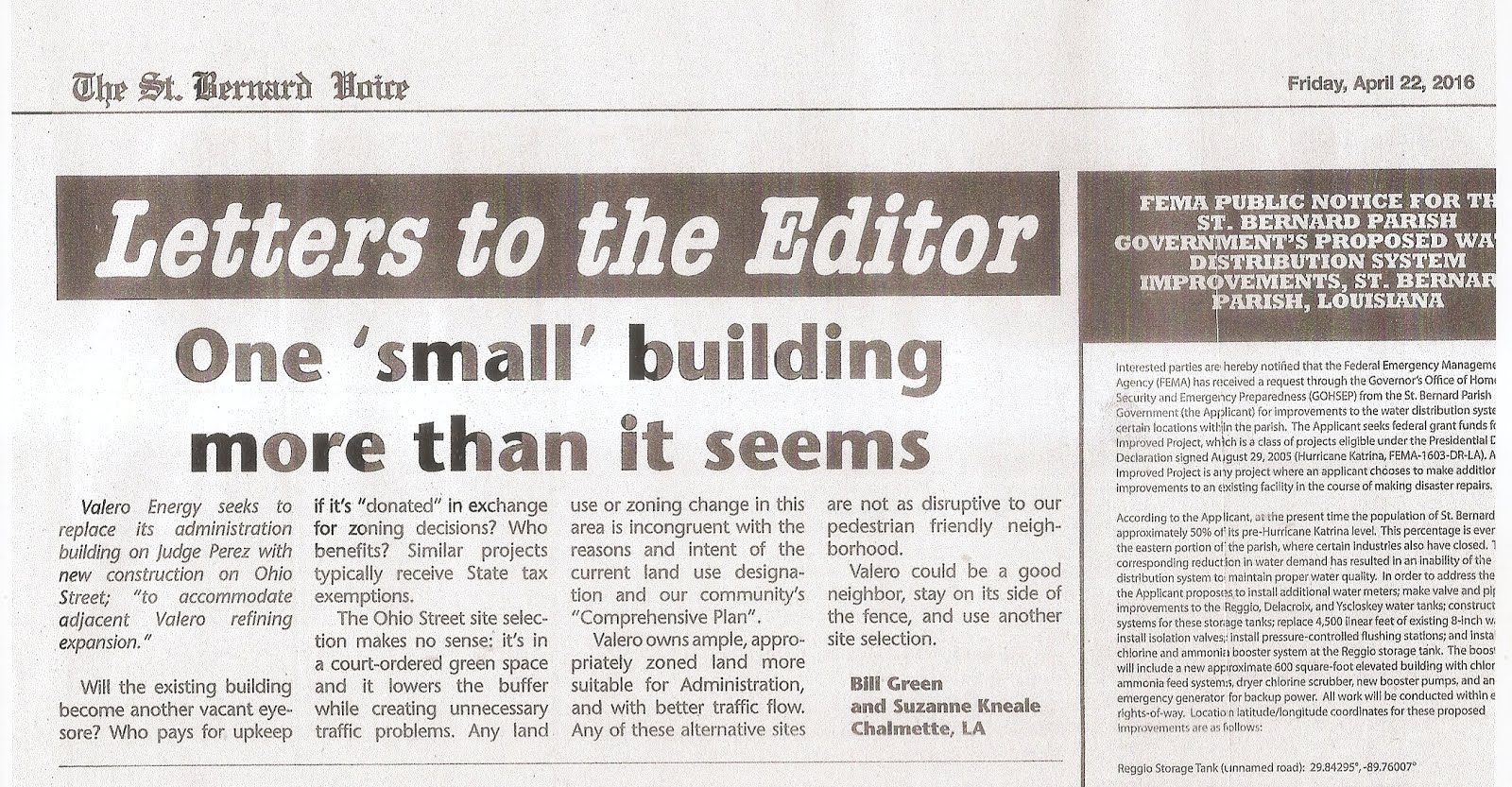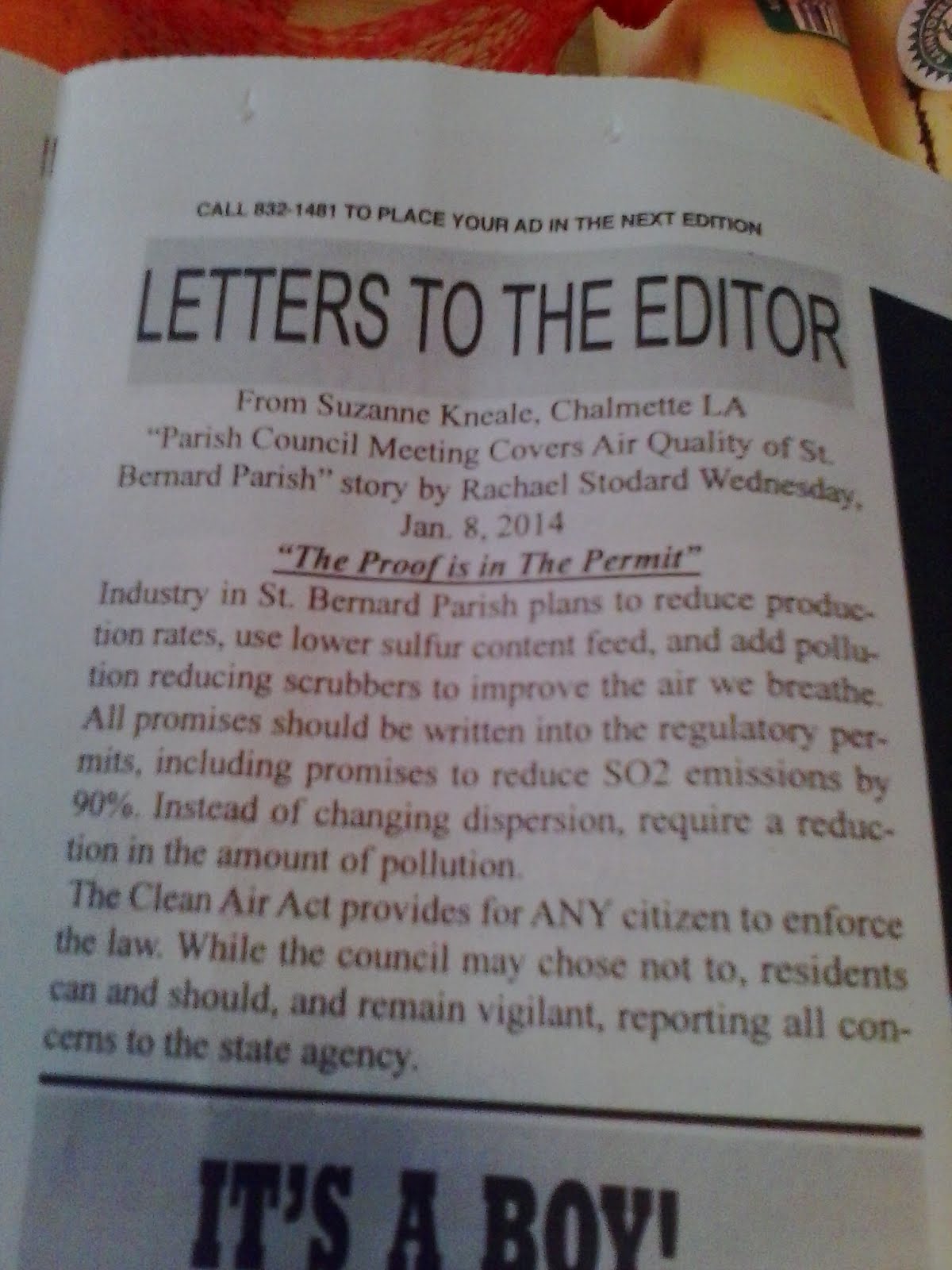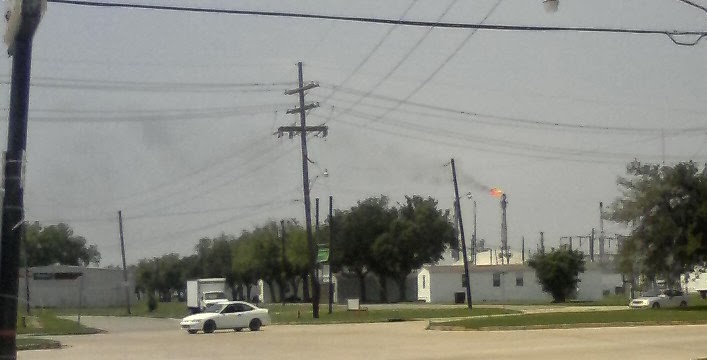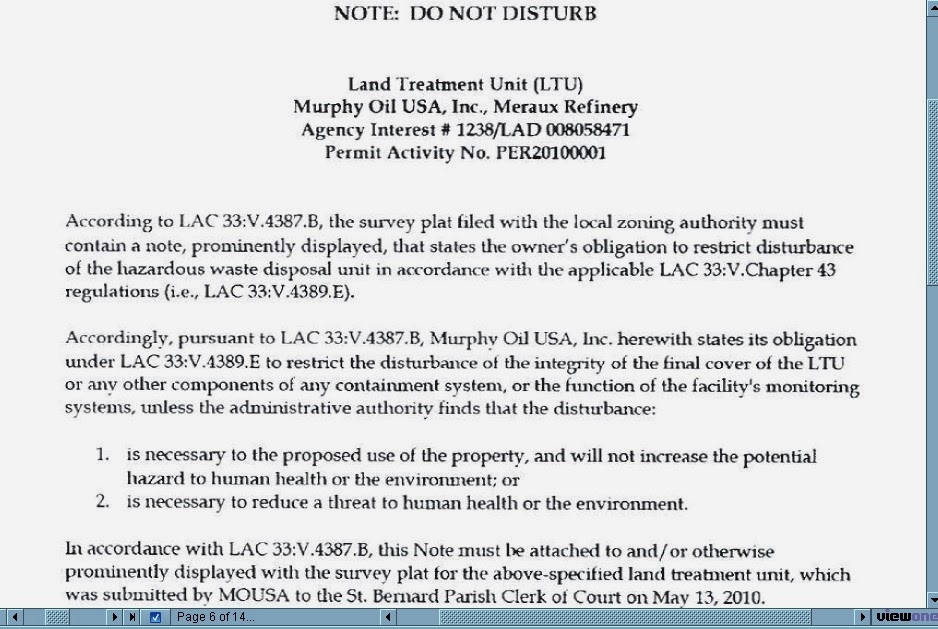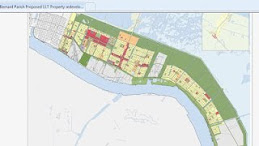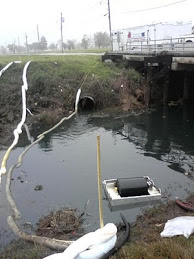Wednesday, October 15, 2014
benzene monitoring proposal is flawed
Public Comment to U S EPA on the proposed "Refinery Rules"
more information on submitting public comments here
Dear Gina McCarthy,
Global Community Monitor is writing in support of the U.S. Environmental Protection Agency's efforts to strengthen refinery air toxics emission limits and monitoring requirements to protect public health. The EPA must reduce emissions of toxic chemicals from refineries based on the best scientific understanding of the harm this hazardous pollution can cause, especially for children, women of child bearing age and the elderly.
Let me say first we support the bulk of the new rule, except for the flawed so called "fenceline monitoring" section that fails to take into account many important facts as well as the latest technologies which deliver data that actually could inform corrective action by a refinery.
Today I'd like to focus on a huge basic flaw in your staff proposal to use "benzene badges" to absorb two weeks of air at a time to obtain an average of benzene exposures.
As I am sure you are well aware, the largest US refineries are located in clusters in port areas of Texas and Louisiana. In most cases, and there some insignificant exceptions, the refineries are located directly adjacent to one another and share a common fenceline on at least one boundary if not several.
The refinery used for the journal article written to prop up this flawed proposal, was curiously the Koch Brothers West Refinery in Corpus Christi, TX. It is the only refinery in Corpus that does not share a fenceline with its neighbor refineries. Please have your staff justify this choice and rationale to not also study the vast majority of cases where refineries are adjacent.
Obviously, with undeniable variability of wind direction and changes over a two week period, no data of any value would inform corrective action because you can never know which of all the fugitive sources in a refinery contributed to the exceedence of of the risk based threshold. If you add in additional large sources of one or more refinery, there is little that can be said if anything about which refinery could be asked to "correct" the excess. As you know, refineries are skilled at blaming the other guy.
Another reason, there is no value in 2 week averages of benzene in many refinery areas like Corpus, Houston, Lake Charles, Port Arthur, Wilmington and throughout the region is that the refineries are located adjacent to at least one major freeway. This means these refineries could just blame the freeway and object to the plan to correct!
Thanks for listening, Gina!
Best,
Denny
Denny Larson
Executive Director
Global Community Monitor (GCM)
www.gcmonitor.org
Poverty is not an accident. Like slavery and apartheid, it is man-made and can be removed by the actions of human beings.
Nelson Mandela
Subscribe to:
Posts (Atom)




